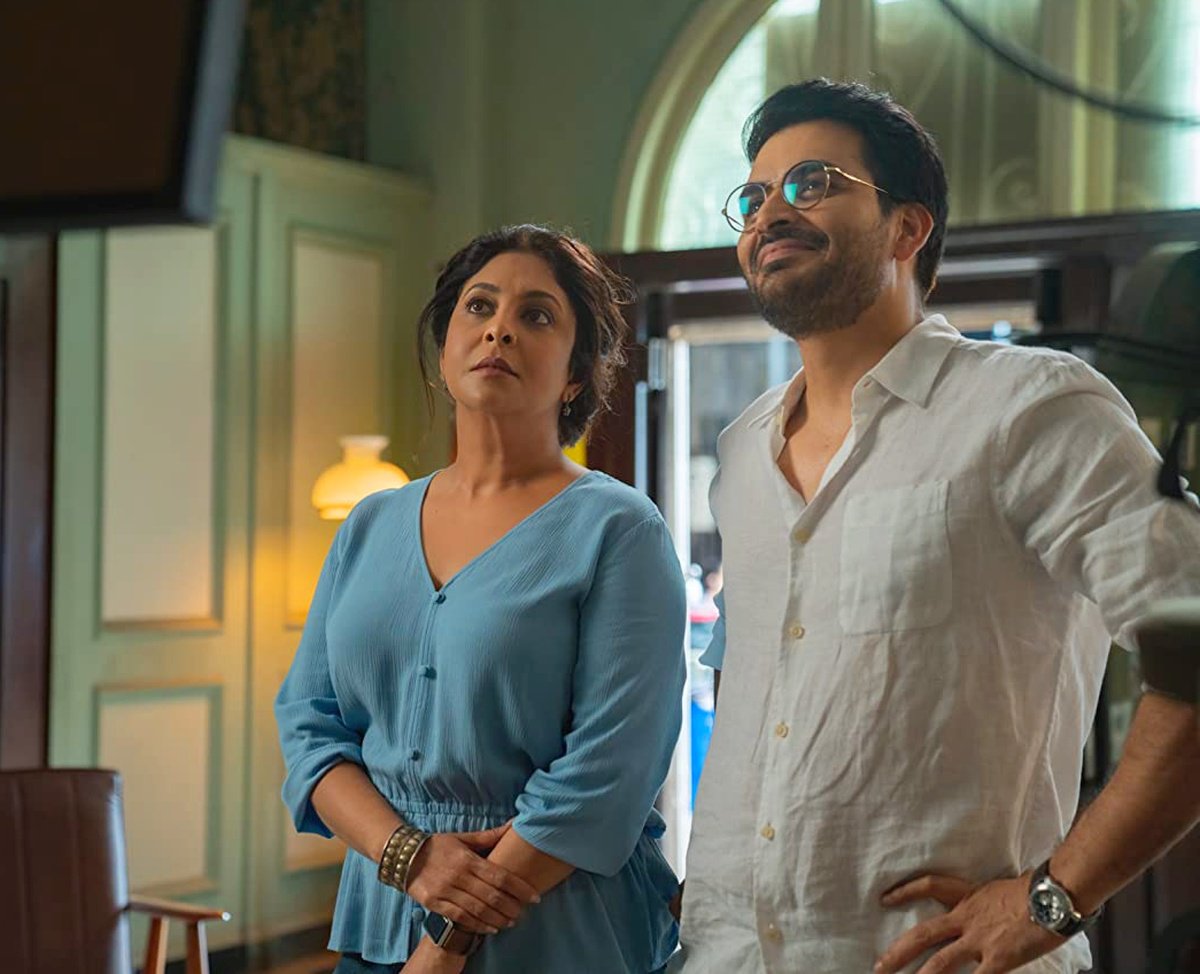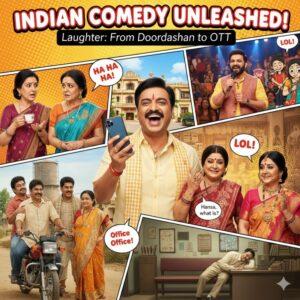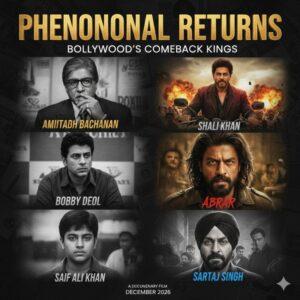You witness an electric presence on screen where the character’s eyes are enough to convey the story then you are definitely hypnotised by the brilliant Shefali Shah.
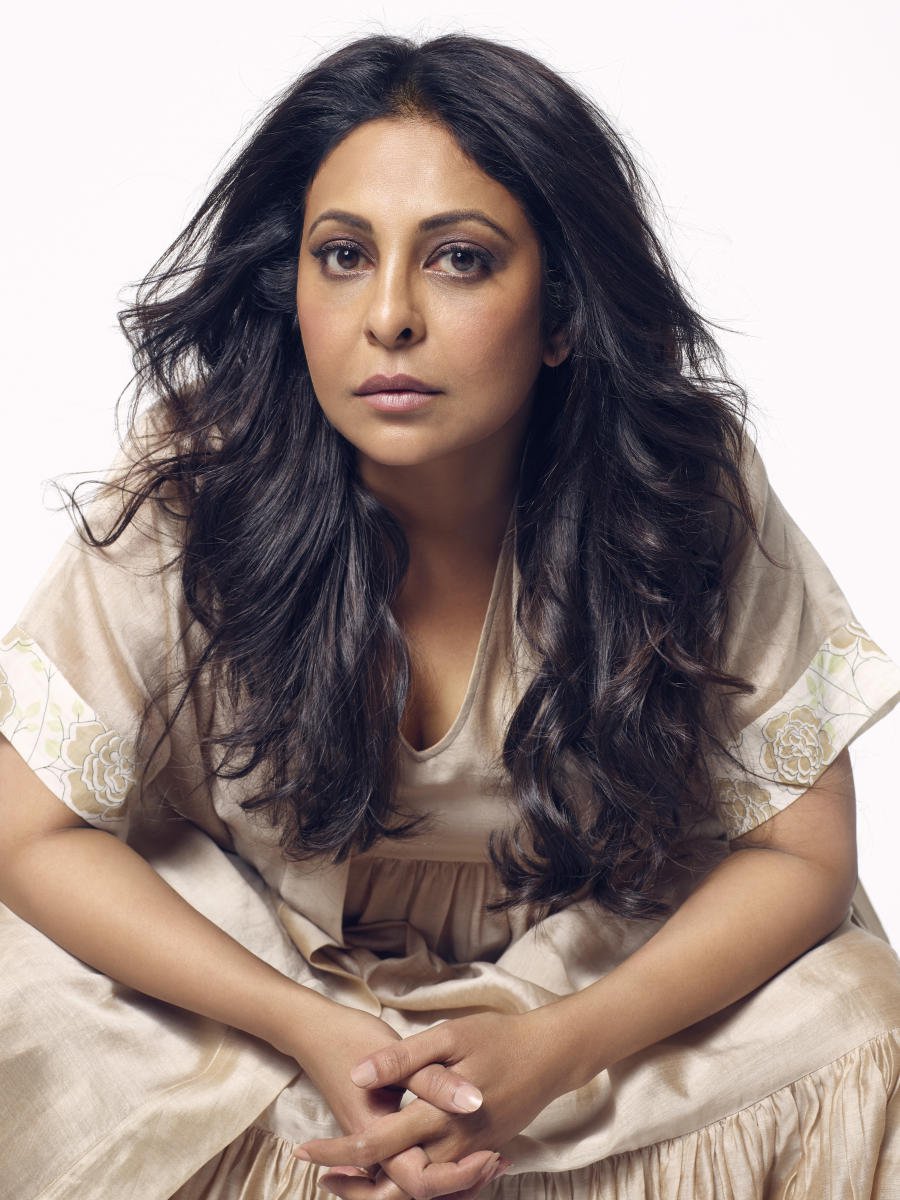
This seasoned actor has been a part of the industry for almost three decades and has left us spellbound with every single role.
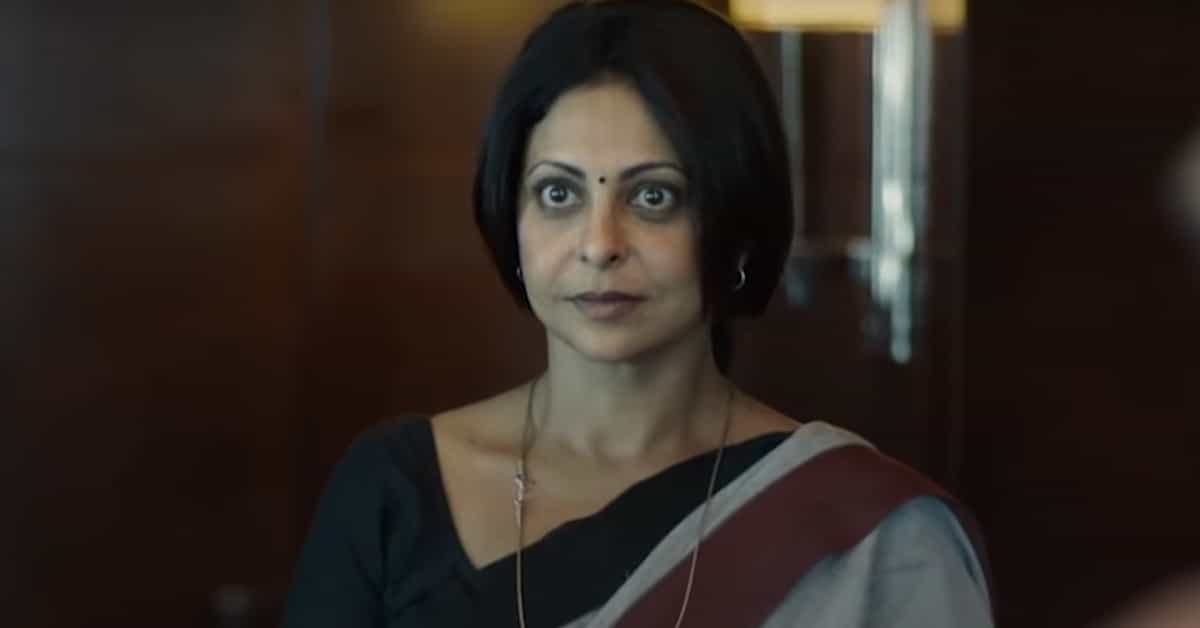
For someone who’s played different shades of every woman, it’s a daunting task for us to pick a few of her excellent performances. But here we give it a shot:
Marking the start of her career, Shefali garnered many praises for delivering a noteworthy performance in the Gujarati stage drama Ant Vagarni Antakshari. She made her film debut with Rangeela in 1995, albeit she appeared only in a few sequences in the film.
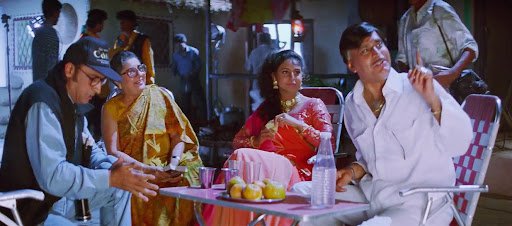
Shortly after her debut, she delivered a powerful performance as Pyari Mhatre in the realistic portrayal of the Indian underworld, Satya (1998).
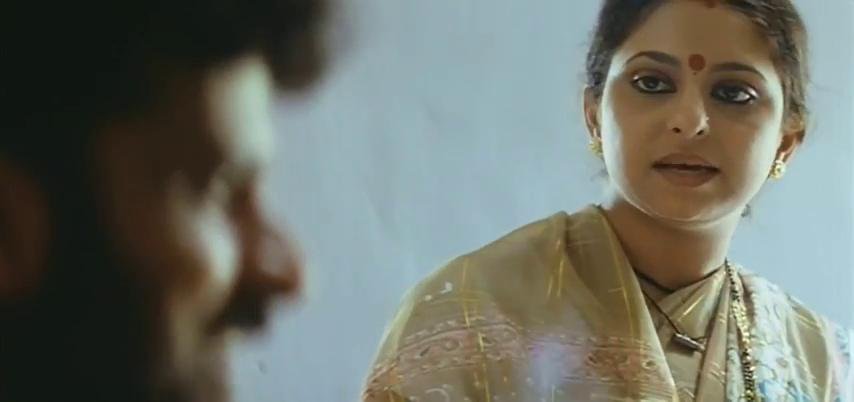
Her brilliance in the film was recognized as she received the Star Screen Award Best Supporting Actress and the Filmfare Critics Award for Best Actor for the same. What a stunner!
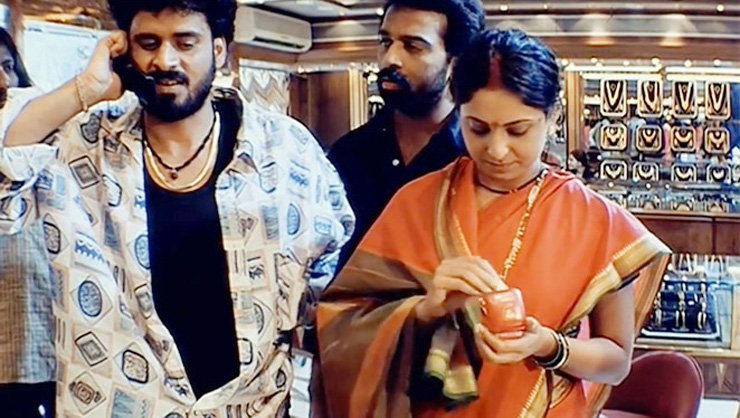
Monsoon Wedding (2001), starring Naseeruddin Shah, is deemed to be Shefali Shah’s milestone in her career. This film was a slap in the face of all the over-the-top depictions of the modern Indian family. It’s still relevant today, call it Mira Nair’s magic!
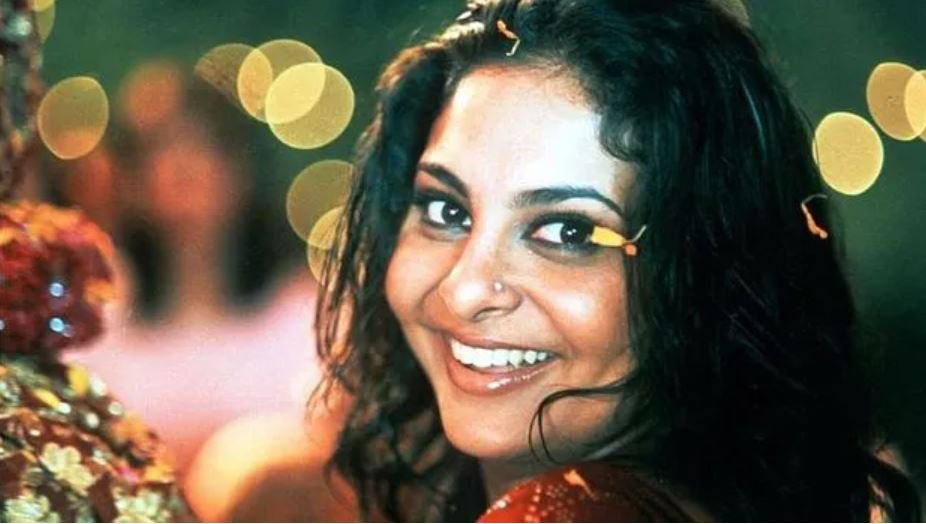
Then came Waqt: A Race Against Time (2005), in which Shefali Shah, although being 5 years younger than Akshay Kumar, didn’t hesitate to play his mother and Amitabh Bachhan’s wife at the mere age of 33. She willingly accepted the role, unconcerned about being typecast.
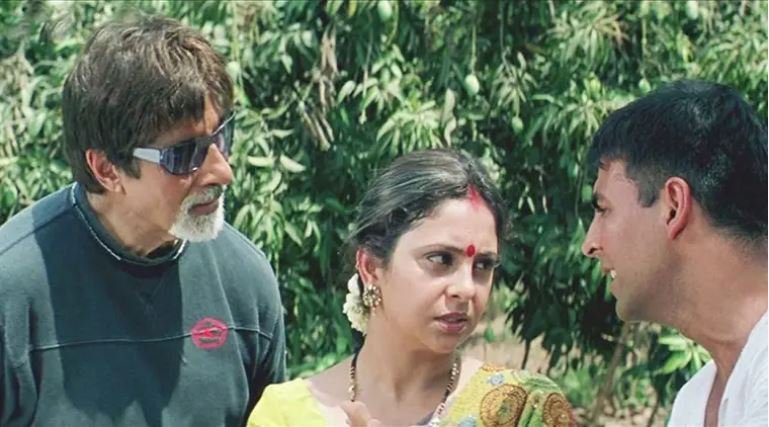
Be it playing Kasturba Gandhi in Gandhi, My Father (2007) or a social activist in Black & White (2008) she has effortlessly shined like the brightest star out there, making us enamored with her tremendous talent.
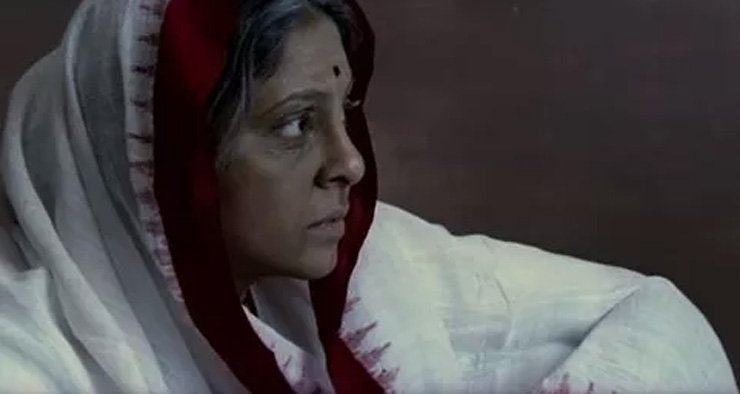
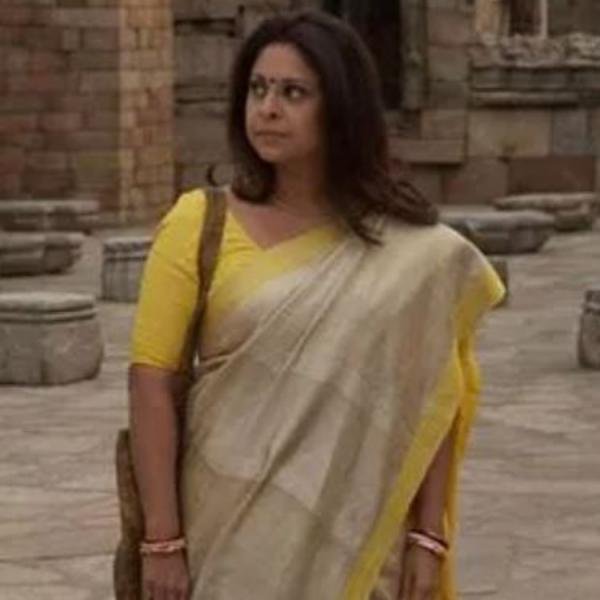
Similarly, talk about her role as Vandana in The Last Lear (2007) for which she received a National Award for the Best Supporting Actress.
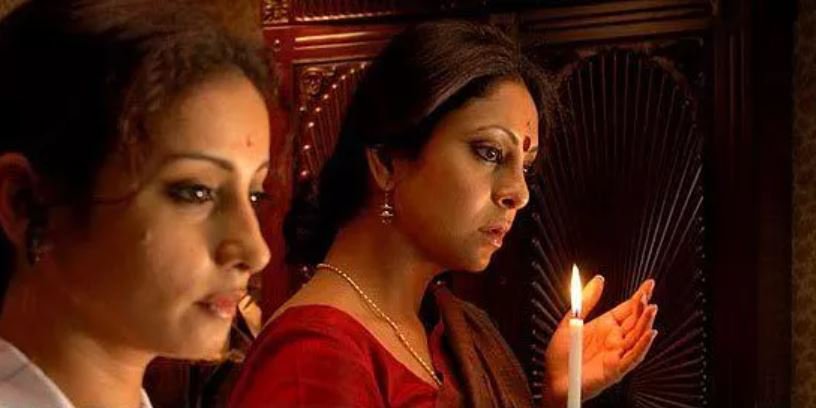
And what do I talk about Shefali in Dil Dhadakne Do (2015) that you wouldn’t have noticed? Yes our hearts raced a little quicker for her as she personified grace in her character.
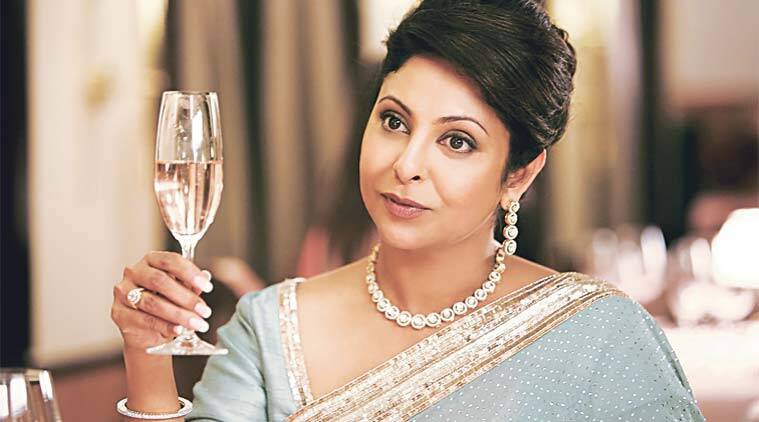
Extremely poignant was the scene where she harmlessly battled with the conflict in her head while simultaneously balancing it with her obligations in reality.
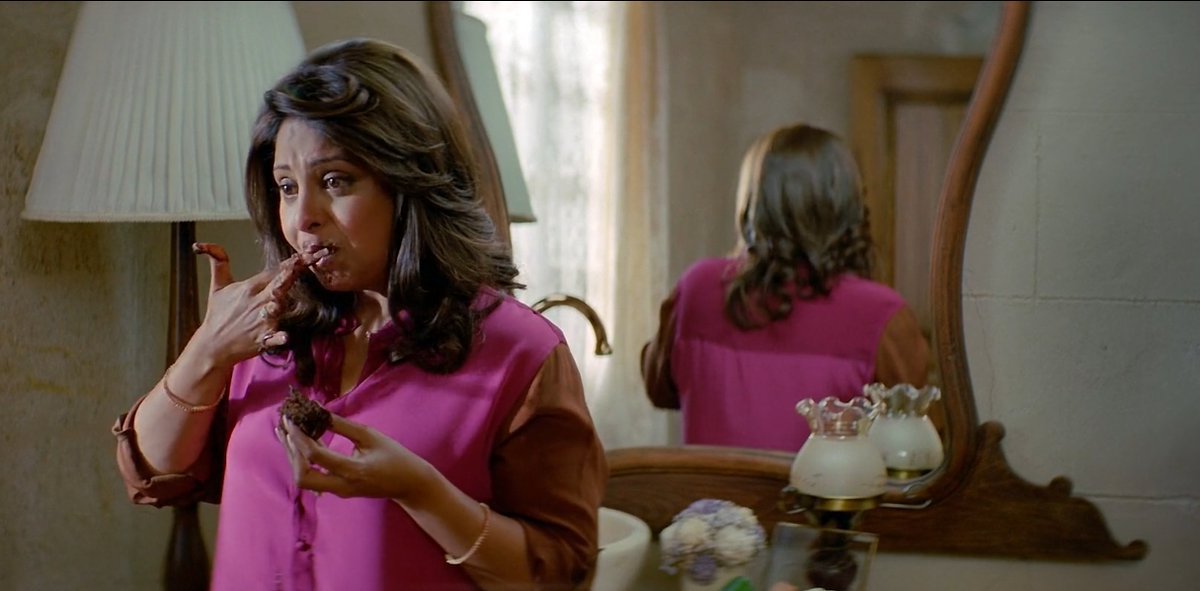
And can we ever get over how enthralling her voice is? It’s no surprise that Shefali lent her voice to Raksha, the wolf in The Jungle Book (2016).
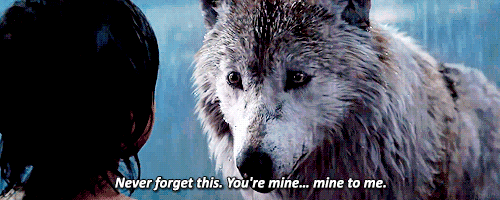
Raising the standards for off-beat films, Shefali with Neeraj Kabi in Once Again (2018) was like a glimmer of hope in a hopeless phenomenon called love.
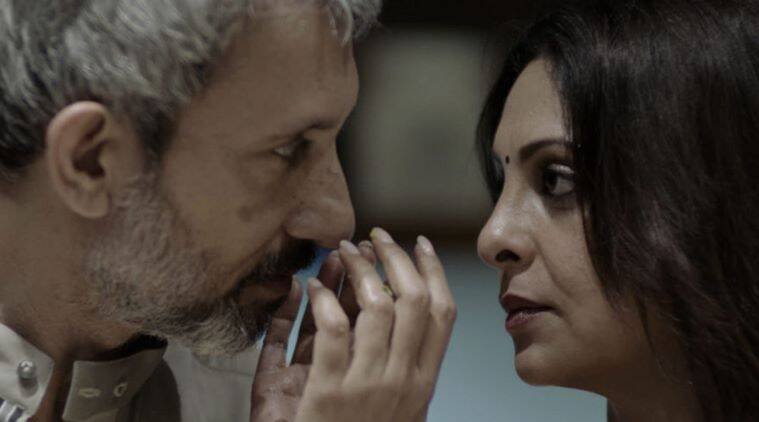
Her wide eyes pull the curtain off her thoughts, allowing us an entry into her mind.
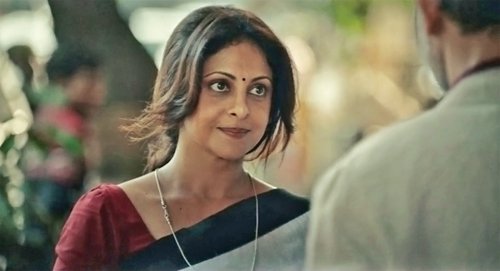
Then came a point when I watched Shefali Shah in a short film called Juice. Hands down, I have never witnessed a more refreshing character despite having a perspiring face and weary eyes. Totally worthy of being critically acclaimed!
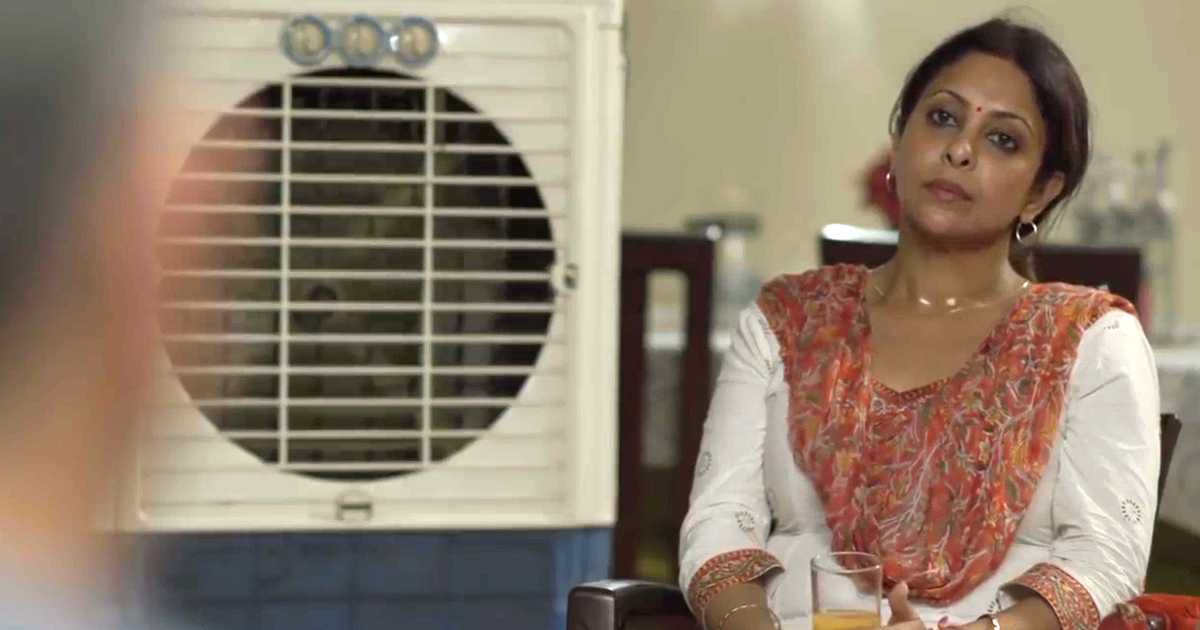
Perhaps her exhausted ensemble conveyed her story better, something that only Shefali can ace with grace.
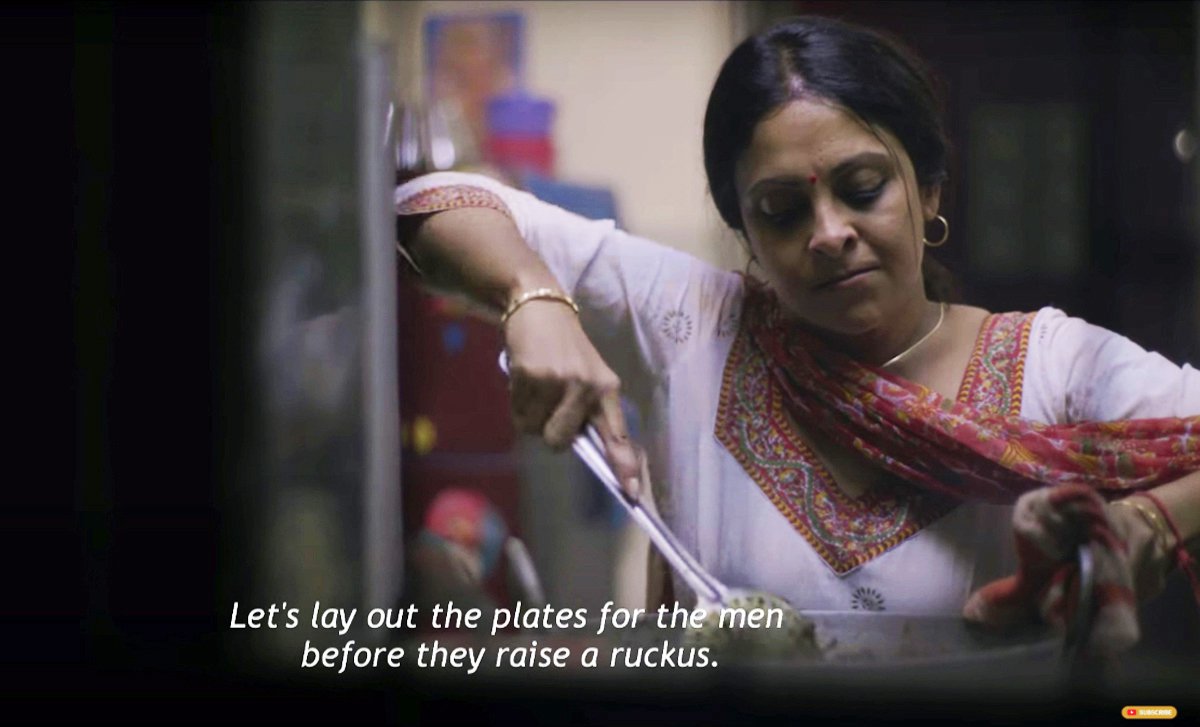
Talking about how she aces characters, we have landed on Richie Mehta’s Delhi Crime (2019) where Shefali, in a landmark role yet again dominated with her silence. No wonder it was the first Hindi-language show to win an International Emmy.
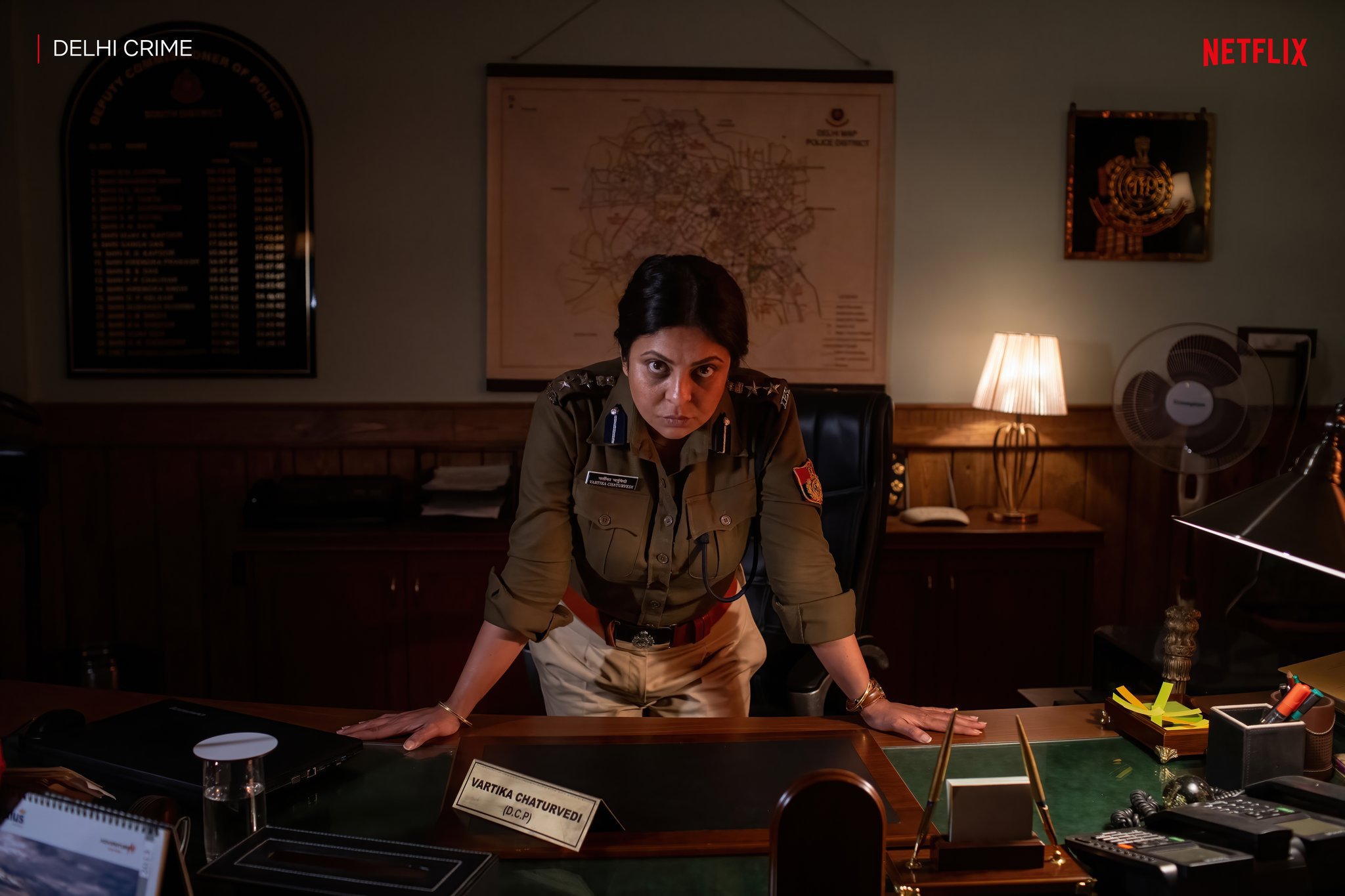
Shefali gave one of her most powerful performances, demonstrating her innate versatility and the capacity to portray a range of roles flawlessly.
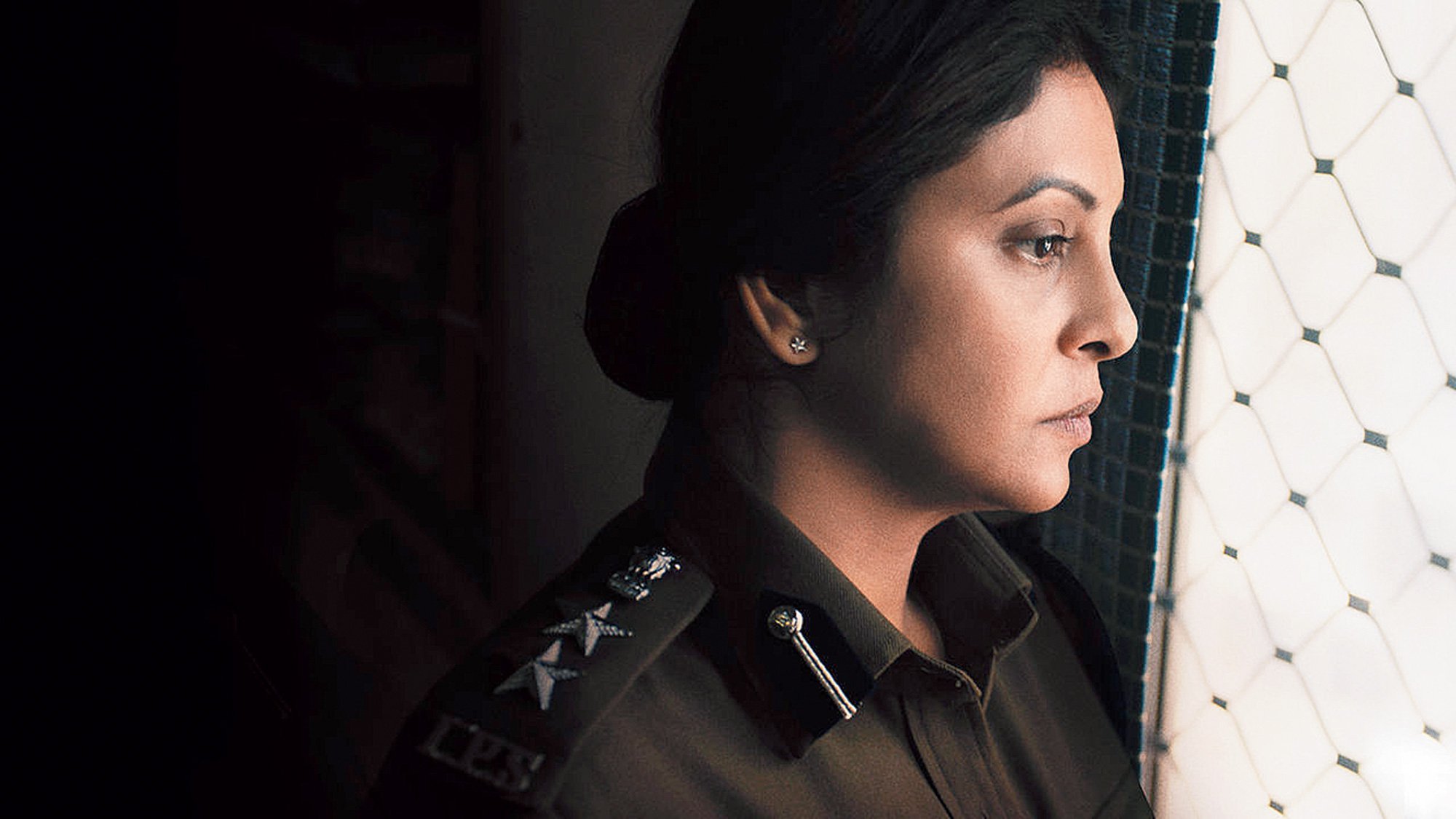
Then in Netflix anthology Ajeeb Daastaans, Shefali used a weapon that’s pretty much exclusive to the actor – her silence. Here, we wonder how is it humanly possible to leave an indelible mark in the hearts of millions without even trying hard?
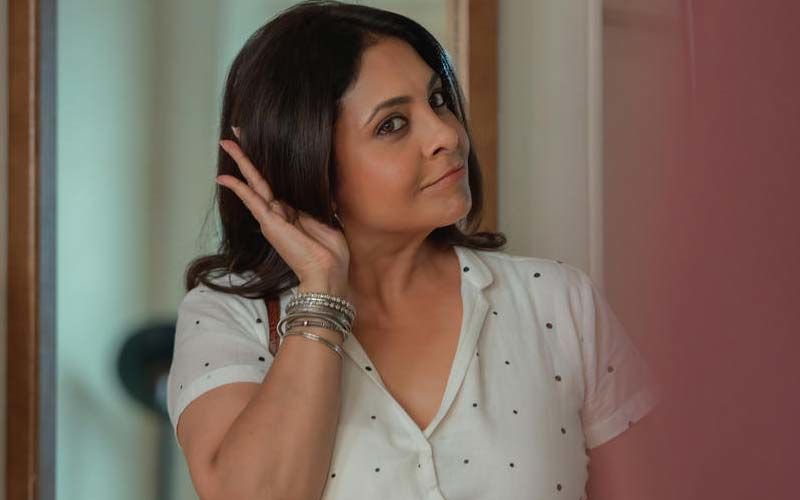
Shefali and Manav Kaul’s last sequence of Ankahi played in my head on loop, shattering my heart every single time, but it’s the discomfort I’m grateful for.
